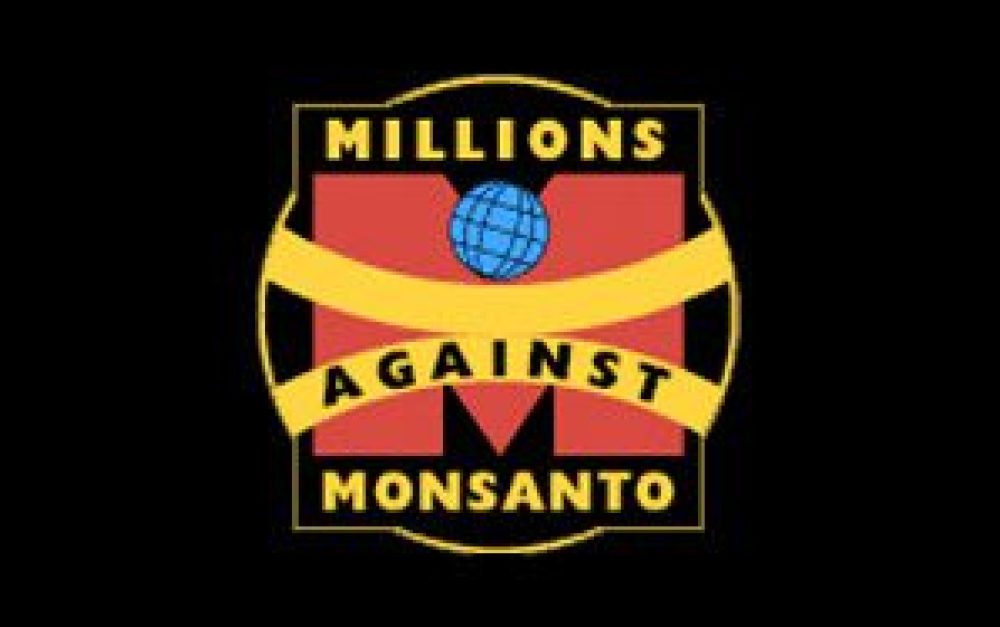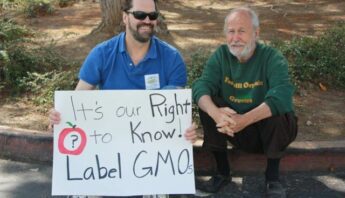Two weeks ago, I wrote about the American public’s nearly unified demand for labeling of GMOs. Now, across the country, people are preparing to take to the streets to express their views.
The Millions Against Monsanto campaign is organizing a Rally for the Right to Know in front of the White House on Saturday, March 26. And plans for local rallies are popping up everywhere, including — last I checked — in California, Colorado, Florida, Indiana, Minnesota, Oregon, Tennesee and Wisconsin.
These rallies against Monsanto have four common demands:
- We have the right to know and want genetically modified foods labeled;
- We want factory farmed animal and genetically modified animal products labeled;
- We want independent, transparent, long-term studies done on the safety of GMOs for animals, plants and humans; and
- We want the organic industry protected from cross-contamination and law suits against organic farmers.
Around the world, farmers are already uniting as never before to reject GE seeds and assert their right to save seed. This has been articulated most recently in the Bali Seed Declaration, released this week by La Via Campesina. Perhaps we're beginning to see new momentum growing in this country too, following the example of our European cousins who just a few months ago delivered a letter from over one million Europeans (from Europe’s 27 countries!) to the European Union, demanding a moratorium on GE crops and calling for a “GE-free Europe.”
A month without Monsanto
If you can’t make it to a rally on either side of the Atlantic, you might follow Los Angeles writer April Dávila’s example and go on a personal GE-free journey in your own kitchen.
After deciding to go a month without Monsanto, April expressed surprise at how hard it was to find food made without Monsanto’s GE products — a job obviously made much harder by the lack of labeling, as Mark Bitman of the New York Times has pointed out.
She quickly learned that buying organic, avoiding high-fructose corn syrup and being careful about the source of her meat were the best ways to keep herself GE-free. By the end of her month, she happily concluded, “Once I started making the effort to avoid it, I found something else that surprised me: the confidence that comes from really knowing what I’m eating.”
Holding corporations liable for GE harms
Labeling is a very important first step towards transparency in our food system. But even as we fight for our right to know, farther upstream farmers and ranchers — organic and conventional alike — face the potentially catastrophic effects that GE contamination poses to their farms and livelihoods.
Thus it is equally important that we establish the means and mechanisms to hold patent-holders (Monsanto and other agricultural biotech corporations) liable for the economic, environmental and health harms that their GE products may cause.
The National Organic Coalition is working hard on this. As part of its Seven Steps to Fair Farming, they've come up with a Contamination Prevention and Contamination Compensation Plan. This month's rallies across the country will help build the momentum needed to move important initiatives like these forward.








